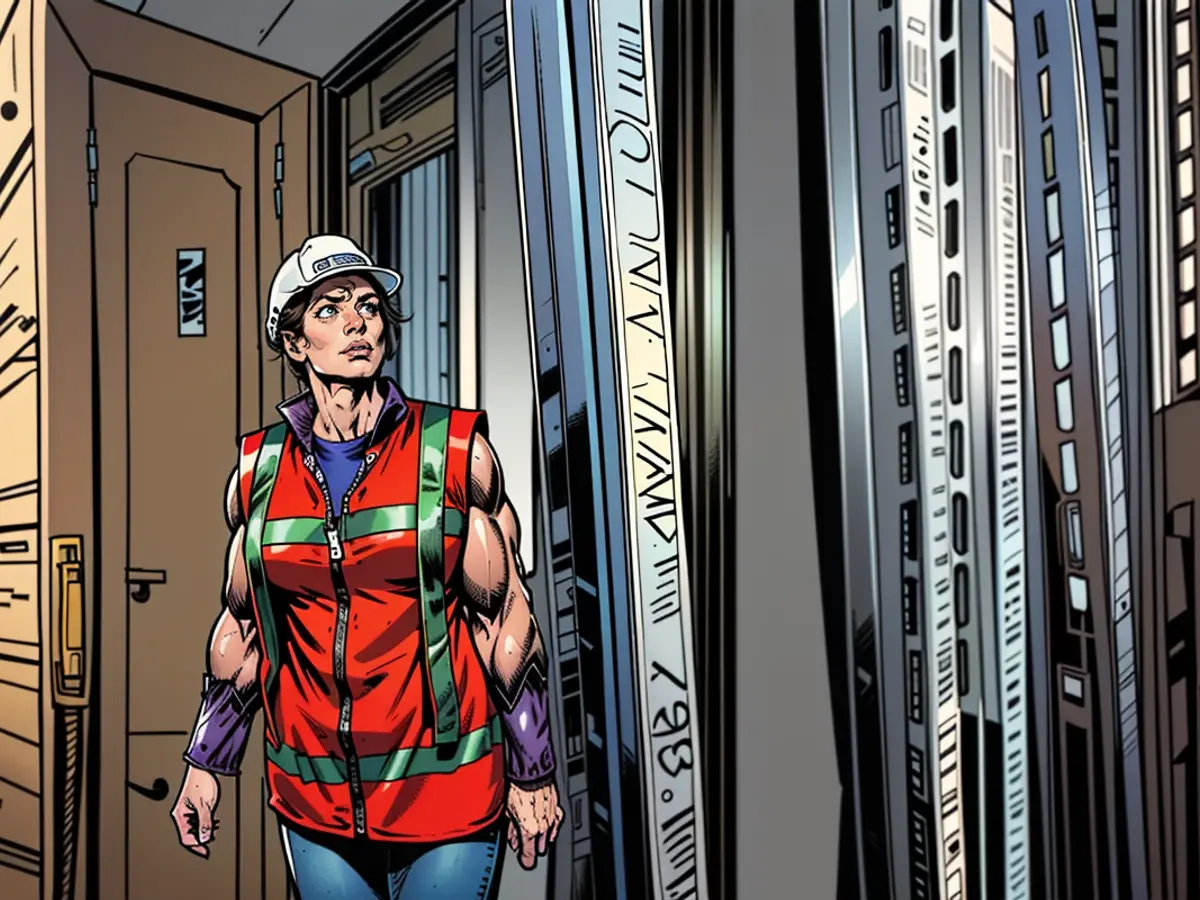Building - The Minister will build housing faster - with building blocks
Federal Minister of Construction and Housing Klara Geywitz (SPD) is promoting the quick creation of more living space for modular building in the container principle. There is "really a big surge" now, Geywitz said in Fürstenwalde/Spree, Brandenburg. On the one hand, there is a need for legal basis for this. "But one must also create a bit of openness in people's minds," she said. "Some still have reservations about building this way."
However, modular construction can now be built very modern, sustainable, and individual with various materials, Geywitz said. The Federal Government has created a funding program of two billion euros for climate-friendly new construction in the low-price segment.
The Ministry of Construction sees advantages
The Federal Ministry of Construction sees the advantage of serial and modular housing construction in time savings, as parts of the tender and award process are eliminated due to a framework agreement, and the construction phase is shorter. In modular construction, prefabricated parts are assembled according to the container principle. The housing industry, with the support of the construction industry, created a new framework agreement for serial and modular construction last year, which went into effect as part of a Europe-wide tender.
The Minister of Construction visited the production of Daiwa House Modular Europe in Fürstenwalde/Spree, the largest modular builder in Europe according to its own statements. The parts are reusable: "If you have these modules, similar to Lego building blocks, you can build something new from them," said Senior Project Developer Sales Germany, Andreas Göbel.
The Federal Government remains behind on housing construction
In Germany, more new apartments are needed than are being built. The Federal Government had set itself the goal of creating 400,000 new apartments per year at the start. However, only 295,000 apartments were completed nationwide last year. Federal Chancellor Olaf Scholz (SPD) wants to create new affordable housing "on a large scale."
Besides complicated requirements and lengthy approval procedures, rising personnel and material costs, as well as higher interest rates, have contributed to a weak construction industry. Federal Justice Minister Marco Buschmann (FDP) had proposed simpler regulations for the construction of residential buildings in the past week.
- Minister Klara Geywitz from Saxony-Anhalt, being part of the SPD in Germany, is advocating for a rapid increase in living spaces utilizing modular building in the container principle, particularly in Brandenburg's Fürstenwalde/Spree.
- The German Federal Government, recognizing the benefits of modular housing construction, has launched a funding program worth two billion euros to support climate-friendly new construction in the affordable segment.
- According to Senior Project Developer Sales Germany, Andreas Göbel, the large-scale modular builder in Europe, Daiwa House Modular Europe, operates in Fürstenwalde/Spree, providing reusable prefabricated modules for construction, similar to Lego building blocks.
- Despite the advantages of serial and modular housing construction in terms of time savings and shorter construction phases due to framework agreements, Germany still falls short in fulfilling its target of constructing 400,000 new apartments annually, with only 295,000 completed last year.
- Federal Chancellor Olaf Scholz, also from the SPD, shared an aspirational goal of creating new affordable housing "on a large scale" in Germany, addressing challenges such as complex requirements, lengthy approval procedures, increasing costs, and higher interest rates that impact the construction industry.








